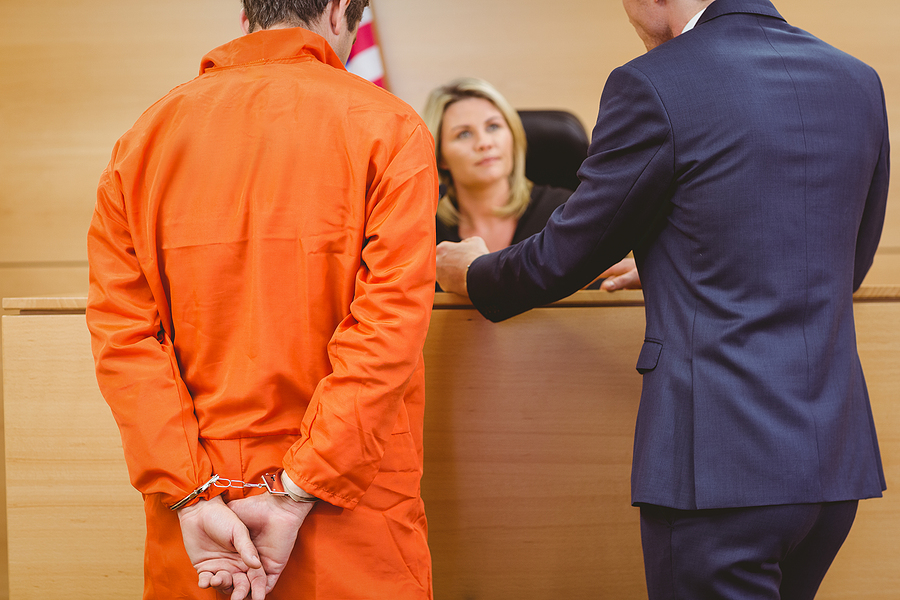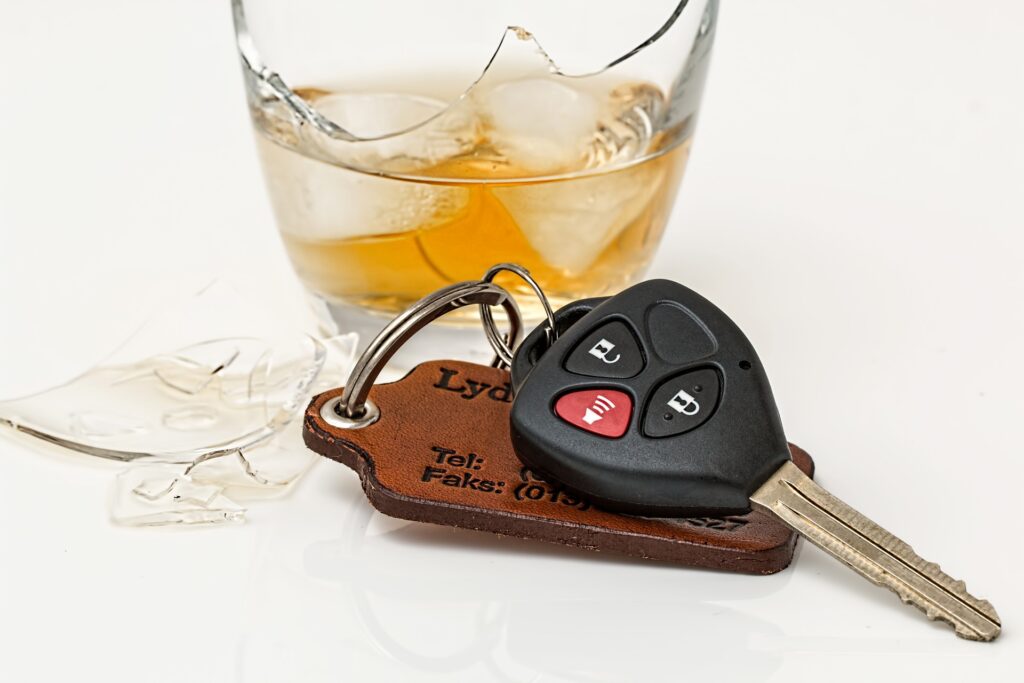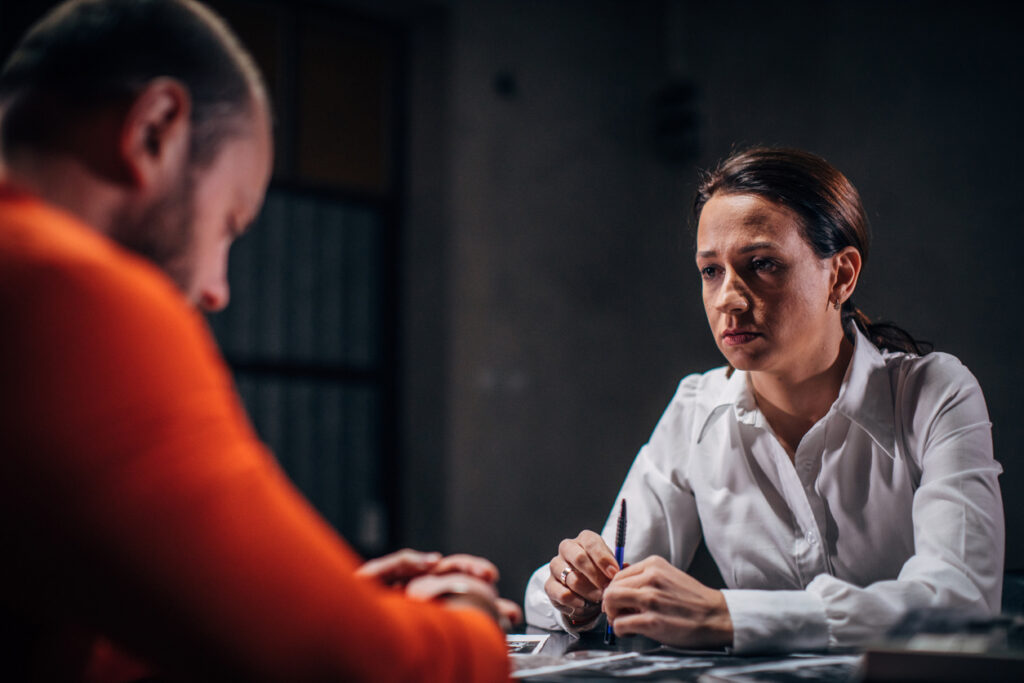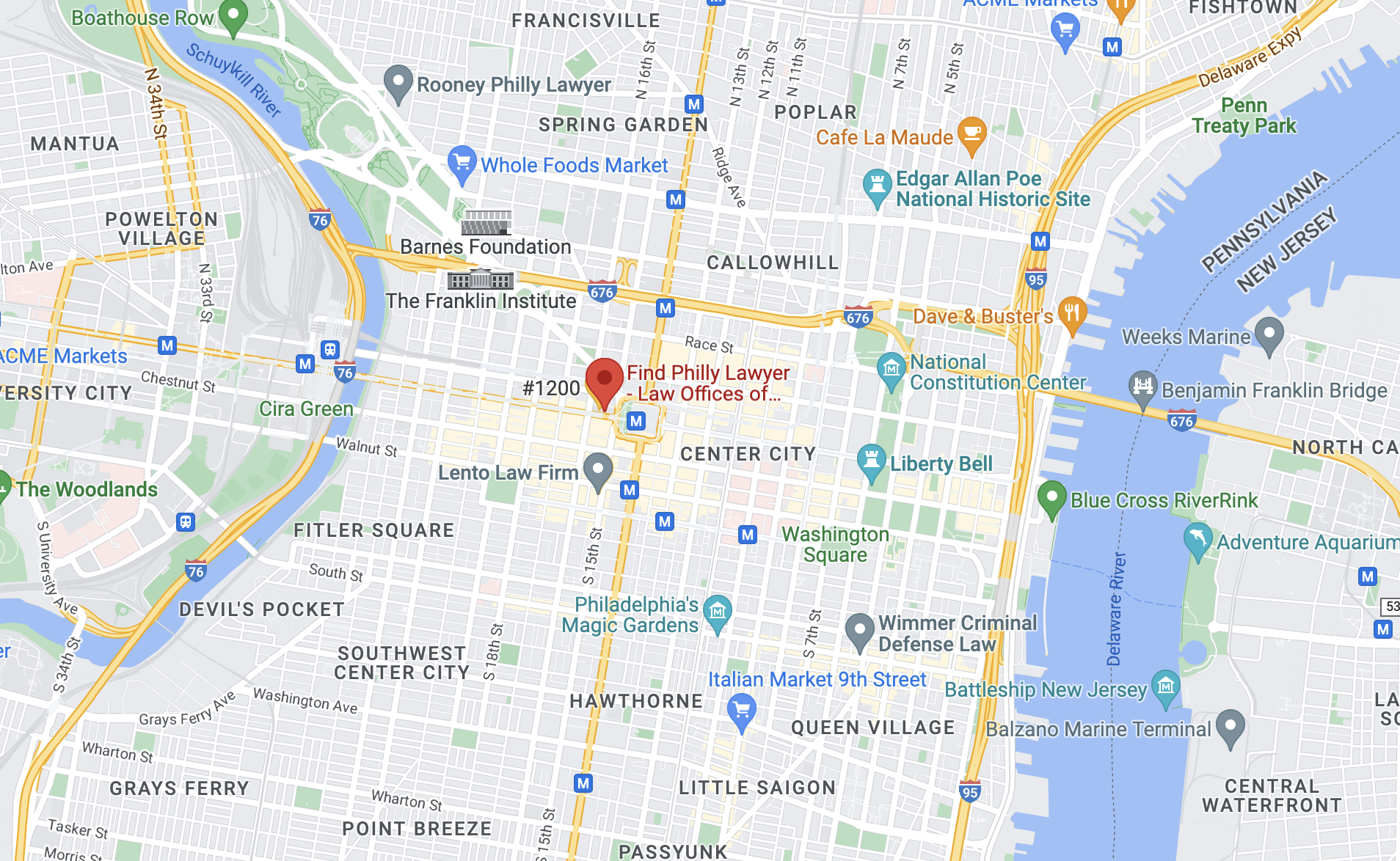If your child has been detained for charges in juvenile court, they can be held in a detention center for a limited period of time. As their case progresses, they may stay in detention, but the laws in Pennsylvania require periodic hearings before they are allowed to keep them.
In most cases, hearings need to happen within 72 hours of the initial detention before they can keep your child in custody for any longer than that. Additionally, as long as they are in custody before being adjudicated or transferred, they must get a hearing every 10 days. While there is no real limit on the total number of days they can stay in detention, having these periodic hearings ensures that your child’s case is constantly being questioned, and if there is any point where detention no longer seems necessary, they should be released.
For help with your case, call the Pennsylvania juvenile defense lawyers at The Liberty Law Team at (215) 826-3314 today.
How Long Can They Keep a Juvenile Before Charges in Pennsylvania?
Once your child is arrested, they should usually be brought before a judge quite quickly and given the charges they are facing. Ultimately, if the situation does not involve violence, they should usually be let go quite quickly and not even sent to a detention center for more than a few hours while they await their hearing before a judge.
At the longest, the government is usually allowed to keep a juvenile for only 72 hours before they have to be brought before a judge, told of the charges they face, given a lawyer, and allowed to answer for the charges. If they are to be held longer than that, there must also be a hearing to determine whether that is justified or not.
How Long Can a Juvenile Stay in Detention at a Time?
Under Pennsylvania law, juveniles can only remain in custody in a detention center for 10 days at a time. Every 10 days on the dot, the DA’s office needs to hold a detention hearing where they need to show cause that the juvenile should remain in detention, and if they do not do so, the juvenile should be released.
These hearings are, like many juvenile cases, held in court before a judge or a special master – a lawyer with specific subject matter experience who is assigned by a judge to handle cases like this. During these hearings, the government will be represented by an assistant DA or another lawyer who will have to provide proof that the child should be kept in detention, and your child will be appointed a lawyer or given a chance to bring their own Pennsylvania juvenile defense lawyer.
Can My Child Have a Lawyer During Detention Hearings in Pennsylvania
Anyone in custody can be assigned a public defender, and any juvenile is entitled to a public defender. This means that juvenile detention hearings certainly get the child access to a public defender if they want to use one. However, you also have the chance to provide them with a lawyer of your choice.
If you are able to afford a lawyer for your child’s case, that can often mean the lawyer can dedicate more time to your child’s case. Public defender’s offices often see a small pool of lawyers handling hundreds of cases in adult and juvenile court, overworking them. Additionally, there is usually an even smaller pool of lawyers who take juvenile cases or have the experience to handle them correctly. Our lawyers do have that experience and can put it to use on your child’s case.
Why Do They Hold Juveniles in Custody in Pennsylvania Juvenile Cases?
Usually, detention is meant to be used as a step toward de-escalation and rehabilitation rather than as a permanent solution. The juvenile justice system is a bit odd in that it is not meant to punish children but rather to get them back to their normal lives with the skills needed to prevent further crime. As such, the goals of these hearings in general – especially detention hearings – might not be obvious at first.
Adjudication Hearings
In a juvenile case, the ultimate goal is to get the government to drop the case against them or to win an adjudication hearing – the juvenile equivalent of a trial. If you do not win this case and the juvenile is “adjudicated delinquent,” that is the equivalent of being found guilty.
Need for Detention
Before an adjudication hearing can take place, the juvenile will often have to go through some assessments to see if they have a safe home to go to, if they are likely to commit additional crimes if they are released, and if they can stably and reliably come back to court for additional hearings. If that is not possible, they may be detained. They can also be detained if they are not safe to release, which is the case with very serious charges.
Step-Down Process
Once adjudicated, the goal will be to get the child back to their life, and to ultimately get the child placed on juvenile probation and to have them serve out all of the terms required of them so they can be released from the juvenile justice system. If their behavior shows the court they cannot be trusted to go home, they may be kept in detention with hearings every 10 days until detention cannot be justified. They may also eventually be placed in a home or program where they can leave detention and stay there. Ultimately, if they can be released on probation, they can go home, potentially with an ankle monitor or just check ins with their juvenile probation officer.
Our lawyers can help argue for release and ultimately work toward getting your child’s case discharged by scrutinizing the court’s decisions, getting additional assessments, providing the court with the evidence it needs to make a good decision, and walking you through the ways your family can help support your child during this trying time.
Call Our Juvenile Defense Lawyers in Pennsylvania Today
Call (215) 826-3314 to speak with the Pennsylvania juvenile defense lawyers at The Liberty Law Team in a free case review today.





 Liberty Law Team
Liberty Law Team  (215) 826-3314
(215) 826-3314 lonny@libertylawteam.com
lonny@libertylawteam.com





